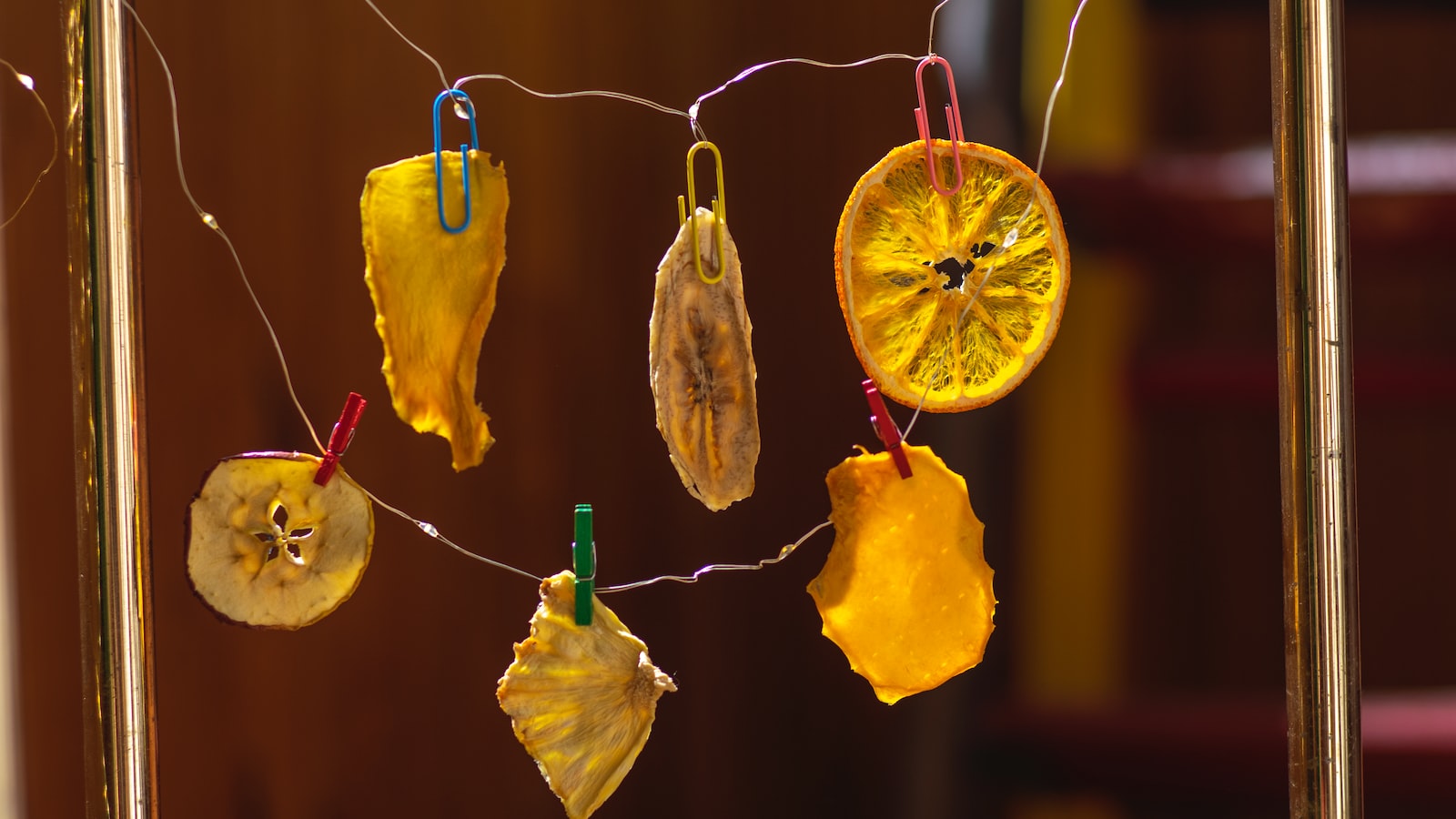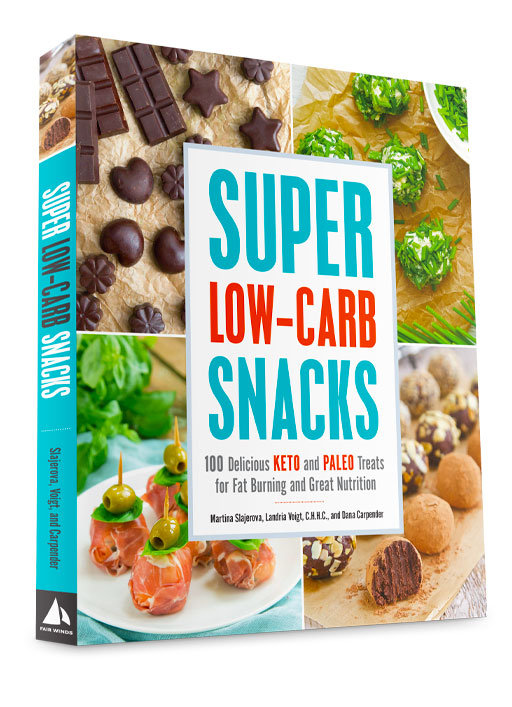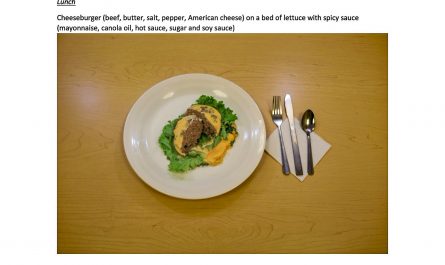Uncovering the Mystery of Diet-Related Headaches
Headaches can be a serious problem. They might be a symptom of something more serious or just simply an annoying distraction. But when it comes to the mystery of diet-related headaches, it’s worth getting to the bottom of it. Here’s what you need to know.
See a Doctor: See a doctor if you experience recurrent diet-related headaches. Doing this allows you to rule out any underlying conditions and get to the cause. The doctor might suggest lifestyle changes or medication to address the problem.
Keep a food diary: Keeping a food diary can help you spot patterns. Note when you experience a headache and what food or drinks you have recently consumed. This can help you figure out what may be causing the problem.
- Eliminate obvious triggers: Once you identify what might be triggering your headaches, you can easily avoid these foods.
- Opt for whole foods: Whole foods are natural and free of sugars and add-ins that can trigger headaches.
- Drink more water: Staying hydrated is key to preventing headaches.
You can get to the bottom of any diet-related headaches and find relief by taking the necessary steps. Once you identify the triggers, you can take the steps to turn them into a thing of the past.

Is Your Eating Habits Causing Unwanted Head Pains?
Are You Binge Eating? Many of us don’t think about the consequences of our diet until something bad happens. We all love to indulge in rich and tasty snacks, but it should be kept in moderation.
Binge eating for extended periods of time can cause unwanted headaches, especially if we are prone to them due to medical conditions.
Here is a list of things to consider that may be causing your headaches:
- Too much sugar or carbohydrates
- Skipping meals or fasting
- Drinking too much caffeine or alcohol
- Salty snacks
If you find yourself eating these types of food more often, then it is time to make some changes. A balanced diet with enough fruits and vegetables can supply your body with the nutrients it needs to perform optimally.
Not to mention, headaches can be a sign of dehydration, so make sure you’re drinking enough water!
Discover What to Eat and Avoid to Keep Headaches Away
Headaches can be annoying and interfere with your day-to-day activities. Reduce the frequency and intensity of headaches, diet can play a huge role. Here’s what you should eat – and avoid – to keep those headaches away!
What to Eat:
• Complex carbohydrates, such as whole grain bread and whole wheat pasta
• Magnesium-rich foods, like spinach and chard
• Potassium-rich fruits and vegetables, like bananas and avocados
• Sources of omega-3 fatty acids, such as almonds and flax seeds
• Foods high in vitamin B, such as brown rice, eggs, and nuts
• Hydrating liquids, like water and herbal tea
What to Avoid:
• Highly processed foods
• Salt and foods high in sodium
• Whole milk products
• Foods containing monosodium glutamate
• Alcohol
• Caffeinated beverages
• Artificial sweeteners
Simple diet changes can have a lasting effect on your headache-free days. Eating healthy doesn’t have to mean giving up taste – instead, it’s about being smart about what you put into your body.
Fighting Headaches with Healthy Eating Habits
Eating healthy can go a long way toward helping to reduce your headache frequency and intensity. Of course, you should always consult with a doctor before trying a new eating regimen, but following a few guidelines can help you get started.
- Choose foods high in magnesium. This includes avocados, leafy greens, almonds, and bananas. Magnesium helps to reduce sensitivity to pain.
- Eat more probiotic-rich foods. Yogurt, kimchi, sauerkraut, and miso are a few examples. Probiotics encourage a healthier tract, including improved digestion.
- Cut out unhealthy staple foods. Processed carbs, sugary snacks, deep-fried items, and refined salt all contribute to headaches.
The key to reducing headaches over time is to start building up a habit of mindful eating. Pay attention to what foods are beneficial to your body and what brings you pain. Experiment with your diet and the other treatments outlined by your doctor to find what works best for you.
Eating to Avoid the Pain of Diet-Related Headaches
It’s no secret that certain foods can trigger headaches. However, eating certain foods can also help alleviate pain associated with the maladies caused by dietary triggers like MSG, aspartame, and alcohol. Here are five simple ways you can combine food and headache relief:
- Choose foods high in magnesium. Magnesium is a natural relaxant, and its deficiency has been linked to headache risk. Foods high in magnesium include dark leafy greens, artichokes, tofu, salmon, and bananas.
- Avoid processed foods with MSG and aspartame. MSG and artificial sweeteners can contribute to headaches, so try to stick to fresh, healthy, whole-food meals. Avoid processed food, as these often contain hidden and potentially harmful ingredients.
- Eat ginger. Ginger has been shown to provide powerful relief when consumed for headaches caused by dehydration or a combination of dehydration and dietary triggers. Fresh is best, but powdered and dried ginger also work.
- Increase hydration. Indulging in excessive alcohol can lead to major dehydration and an associated headache. Constantly sipping on some water and opting for hydrating fruits and vegetables can help keep the body well-hydrated and the headaches at bay.
- Avoid red meat. Red meat can be hard to digest and can send signals directly to the brain, eventually resulting in a headache. Eating minimal amounts of red meat can help reduce this risk.
Sticking to a healthy diet and improving hydration levels can reduce your risk of experiencing diet-related headaches. Foods that are high in magnesium and those that are low in MSG and artificial sweeteners can offer you the relief you need to take on the day with a clear head.
Asked Questions
Q: What are some common causes of headaches?
A: Common causes of headaches can include stress, dehydration, changes in caffeine and alcohol consumption, and medical conditions such as tension headaches and migraines.
Q: Does diet play a role in causing headaches?
A: Yes, diet does play a role in causing headaches. Certain foods can trigger or worsen headaches, which many people can attest to. Certain food additives, such as monosodium glutamate (MSG), nitrites, and tyramine, can cause or exacerbate headaches. Caffeine can also affect one’s headache levels, so it’s important to be aware of any changes in caffeine consumption.
Q: Can I make any dietary changes to help alleviate headaches?
A: Yes, there are several dietary changes you can make to help alleviate headaches. Eating smaller meals that are low in fat and high in complex carbs can help clear up headaches. It’s also important to stay hydrated, as dehydration can worsen headaches. Try to avoid processed foods and foods high in sugar and salt, as these can aggravate headaches. Additionally, keeping track of foods that trigger your headaches can help you recognize patterns and make dietary changes accordingly.
We hope this article has helped shine some light on the connection between diet and headaches. Remember that everyone’s experience and body is different, so if you notice any changes or patterns, make sure to talk to your doctor. With the right food choices and lifestyle changes, you can improve your health and get rid of those pesky headaches!



